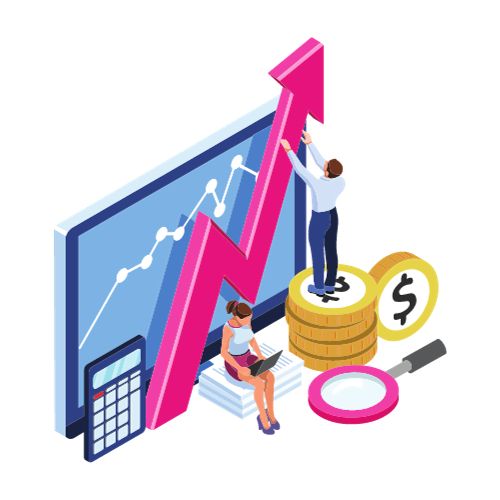Business studies

Our curriculum is designed to prepare students for the commercial world around them. It focusses on the two core influences businesses have on our lives – our working careers and our ability to become resilient citizens in an ever-changing society. Learners will study how to successfully progress into a fulfilling career, whether that focusses on running/operating their own
enterprise or efficaciously contributing to pre-existing companies. We inspire learners to have the skills to be able to build their own business, solve problems, manage resources, and reflect on the impact of all stakeholders in the business. The course will also develop learners’ ability to successfully navigate the world around them, whether that be through money management, dealing with a changing economy or managing purchasing decisions. It’s with this study that they can develop their life skills and become resilient citizens in a fast-moving society. We instil in our learners the belief that they are capable of bringing about positive change in our world. At key stage 4 the course is split into two parts. Unit 1 - Investigating Small Business, focusses on the demands of starting a new (or running a small) business for an entrepreneur. Learners will investigate the challenges, requirements, rewards and processes this venture can have on the owner/s. Unit 2 - Building a Business continues on from Unit 1’s foundation learning and focusses more on the expansion of established enterprises. Studies will analyse the impact these organisations can have on new businesses (and their markets), as well as the further rewards and challenges that becoming a national and international enterprise can have. Delivery of these units will see learners continually develop their reading and writing skills over the two years of study to successfully create extended written answers to given business contexts. Knowledge will be tested formatively and summatively through retrieval tasks, extended writing opportunities and progress checks. All activities have been designed to closely mimic exam question practice and build on time management skills.
Key stage 5 consists of ten units taught over a two-year period. These units have a greater focus on business theory when compared to the more operational and process-driven learning of starting (and running) a business, which is studied at key stage 4. Learners look at well-known models such as Anoff’s Matrix, Porter’s Five Forces, Maslow’s Hierarchy of Needs, Tannebaum-Schmidt Continuum etc.
Throughout all key stages, the curriculum has been sequenced to support long-term memory and retrieval of information. Teaching at both key stages has been planned to ensure topics closely relate to previous units and build on knowledge taught. Retrieval practices/recall activities are regularly used to encourage learners to recall learning from previous terms and years. Exam focus has been a huge factor in the planning, but in addition to this, the curriculum also ensures students have exposure to “real-world” context (as discussed at the start) to ensure they are not just prepared for their examinations but also for their onward journey after leaving school.
